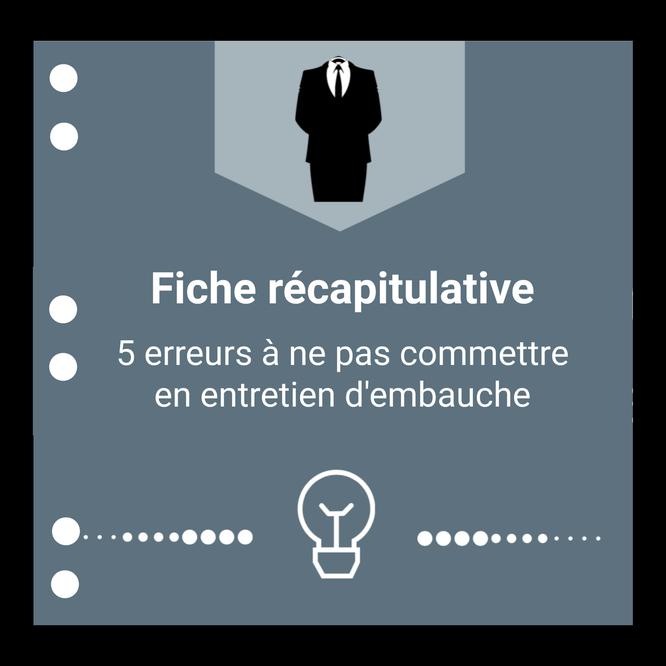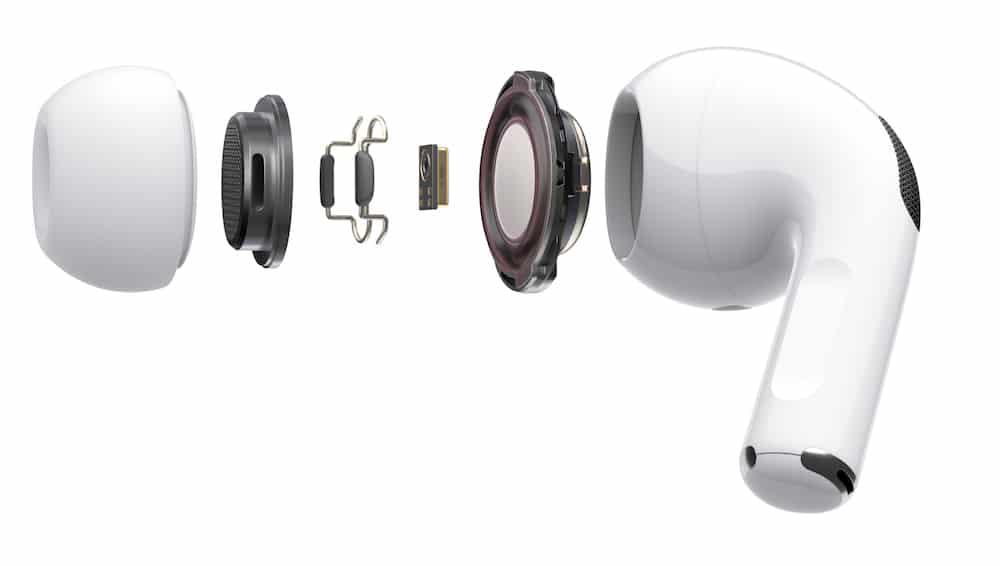Funny idea: Norton integrates into its antivirus the possibility of mining Ethereum
Mining Ethereum through its antivirus, this is a feature that no one expected. On June 2, NortonLifeLock announced that it would put this strange idea to work "in the coming weeks". For now, only a sample of volunteers will test the new feature, but it will soon be open to all Norton 360 users eventually.
Cryptocurrency mining consists of mobilizing the computing capacities of your computer to participate in the operation of the blockchain. Once a transaction has been verified by the “miners”, the network rewards them with a fraction of the value they participated in creating. In other words, mining is a way to generate cryptocurrencies with your computer.
Flickr/CC/Steve Jurvetson (cropped photo)
Be careful, the cost/benefit calculation is more complex than it seems. Mining is very voracious in resources, and inevitably, it accelerates the end of life of the material. It draws in particular on the GPUs, the processors in charge of these calculations. Result: the industry has a shortage of GPUs, and the little stock is snapped up at too high a price.
Despite these limitations, Norton explains that he does not want to miss the new trend: “Crypto continues to become an increasingly important part of the lives of our customers (…). With Norton Crypto, our customers can mine cryptocurrency in just a few clicks, avoiding the many barriers to entry in the cryptocurrency ecosystem. The generated cryptocurrencies will then be stored on a “Norton Crypto Wallet”, a wallet hosted on a new cloud platform of the company, and on which we have very little information.

So far, Norton has only shared this screenshot of their new feature. // Source: Norton
Mining with your computer, not a good idea?
The news is really surprising. Generally, when the subject of cryptocurrency mining finds its way onto cybersecurity sites, it is for the wrong reasons. “Cryptominers” (software in charge of mining) have become a relatively widespread type of malware at all levels of cybercrime. The petty criminals install them on their university computers, while the big bandits try to run them on supercomputers reserved for high-level calculations. The idea of the criminals is simple: since the mining is carried out by the victim's machine, it is he who will pay the cost of the operation in electricity and equipment. Result: the generated cryptocurrency will become a net profit for the thugs.
For his part, Norton says he wants to regulate mining, and make it a secure practice: "For years, many miners have been forced to take risks in their pursuit of cryptocurrencies, by disabling their security to running the mine, and accepting unverified code on their machine, when this code could steal their winnings or even plant ransomware.”
On the other hand, as noted by The Register, several gray areas remain on the effectiveness of the new feature. The antivirus publisher does not say a word about the effect of mining on the performance of the computer or on the possible gains to be pocketed. On a device that is too underpowered, mining could considerably slow down all other activities, or even cause it to crash. And it would create too little value to compensate for the inconvenience. If Norton specifies in a footnote that it will take a certain type of hardware to take advantage of the functionality, it does not specify which one. Will a dedicated GPU be needed? This limit would be enough to hamper the “general public” nature of the initiative.



![PAU - [ Altern@tives-P@loises ] PAU - [ Altern@tives-P@loises ]](http://website-google-hk.oss-cn-hongkong.aliyuncs.com/drawing/179/2022-3-2/21584.jpeg)

![Good deal: 15% bonus credit on App Store cards of €25 and more [completed] 🆕 | iGeneration Good deal: 15% bonus credit on App Store cards of €25 and more [completed] 🆕 | iGeneration](http://website-google-hk.oss-cn-hongkong.aliyuncs.com/drawing/179/2022-3-2/21870.jpeg)





Related Articles